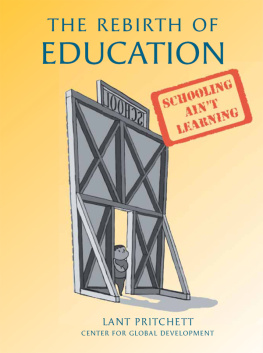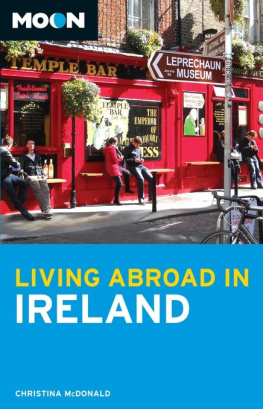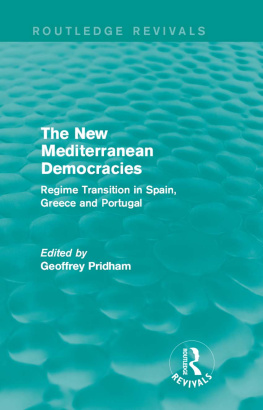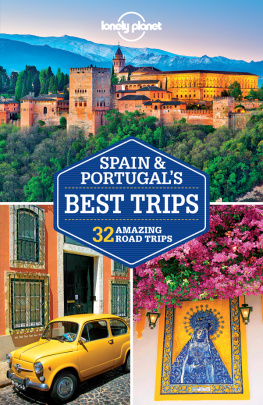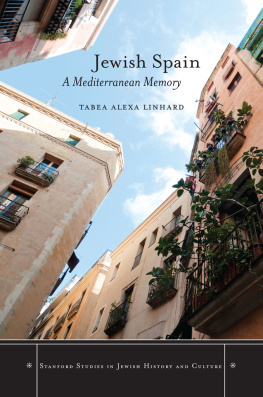V. S. PRITCHETT
At Home and Abroad

This electronic edition published in 2011 by Bloomsbury Reader
Bloomsbury Reader is a division of Bloomsbury Publishing Plc, 50 Bedford Square, London
WC1B 3DP
Copyright V. S. Pritchett 1989
First published by the North Point Press, 1989
The moral right of author has been asserted
All rights reserved
You may not copy, distribute, transmit, reproduce or otherwise make available this publication
(or any part of it) in any form, or by any means (including without limitation electronic, digital,
optical, mechanical, photocopying, printing, recording or otherwise), without the prior written
permission of the publisher. Any person who does any unauthorised act in relation to this
publication may be liable to criminal prosecution and civil claims for damages
ISBN: 9781448200870
eISBN: 9781448202195
Visit www.bloomsburyreader.com to find out more about our authors and their books
You will find extracts, author interviews, author events and you can sign up for
newsletters to be the first to hear about our latest releases and special offers
To My Wife
When I look back on my life as a writer I see how much I owe to a sound pair of walking legs. My hopes of the freedom these would give me were almost extinguished at fifteen when I had to leave my decent London grammar school during the First World War and was dumped into the warehouse of the leather trade. I stuck it out for five years until I was caught by the postwar flu epidemic. My one talent was that I was good at French. I craved for France, and with twenty pounds in my pocket I went to Paris, got an office boys job in a photographic firm and then became a traveler in the glue and shellac trade. My legs took me all over Paris and at one supreme moment one Easter I made a vowwalkers in those days made heroic vowsto walk from Paris to Orlans and to cross the Loire. I was on the open road. I wrote an account of my trip and the Christian Science Monitor published it. I was a travel writer at last.
The editor asked for more travel sketches and then had a reckless idea. He was in trouble with his Irish readers at the time of the Anglo-Irish Treaty. Civil war had broken out. He sent me, a green Englishman, to green Ireland to write not about politics but about how the Irish managed to live while the factions were fighting it out. I was paid twenty-five pounds for six articles. They succeeded. I became their Irish correspondent. For myself the reward was that I met the excellent short story writers OFlaherty and Frank OConnor, and even W. B. Yeats.
But news fades. Suddenly I was switched to the troubles in the Spain of Primo de Rivera. The censorship cut down the news, so I was left with time to travel through Spain for a year and a half. Spain changed my life and educated me at last. There I wrote my first book of travel, Marching Spain, somewhat in the heroic Bellocian style. I marched through the poorest and least-known region of the country, the one that runs along the Portuguese frontier to Vigo. Thirty years later I wrote a far more informative book about Spain, The Spanish Temper. The odd thing is that when I was a schoolboy I had written a preposterous prose poem on the Spanish Conquest of the Moors in Granada. I had cribbed the story from Washington Irvings Life of Columbus.
Now I was a seasoned foot-slogger. I went briefly, for the first time, to the United States and there I was drawn by chance to walk among the lost poor whites of the Appalachians, long before it became a national park. Once more I was among the poorpeople as backward but as noble as the lost people of the Portuguese-Spanish frontier. Incidentally, among them I came across a ninety-year-old man called Pritchett who said he had fit in the Civil War.
I settled down at last in London to become a short story writer, novelist and literary critic on The New Statesmanin short, a literary gent of the thirties. My most successful novel, Dead Man Leading, is the tale of a disastrous expedition up the Amazon. I had never seen the Amazon. I simply made a small model of the river, with string and matchsticks, on the lawn of my house. The ants in the grass served as my explorers. I had studied the diaries of a number of missionaries in that region in the British Museum. One or two real explorers praised the book when it appeared, and indeed when, after World War II, I did go to South America and up the Amazon to write a very long piece on that continent for the excellent American periodical Holiday Magazine, I was astonished by the accuracy of my invention. After my Spanish experience and my knowledge of Spanish exploration I was excited by the sight of those lands that had made the Spaniards rich, by the tale of their glories and their disasters. And I saw the supreme sights of the Pacific and the Andes. At any rate, I had graduated as a literary globetrotter.
1
South America
If I were a young man, a famous editor said to me in London years ago, I would pack up and go to South America for life. That is the continent of thefuture Years later, the splendid chance came. Last October I packed up and flew off, not indeed for life, but on a trip several months long which took me from Panama down the Pacific coast of the continent, over the Andes into the Argentine and up through Buenos Aires, Montevideo and into Rio de Janeiro and those lovely coastal towns of old Portuguese Brazil to the Amazon.
The impressions I have set down here are those of the rapid traveler who cannot stay for an answer. But years of living in Spain and Portugal had had a profound effect upon me: I was eager to see how their superb, nation -creating civilizations had transplanted. I wanted to see what the Spaniards and the Portuguese had done; how America and the Indian and Negro races they had mixed with had changed them. I believe in differences, and I have tried to set out how the Colombian differs from the Peruvian, the Chilean from the Argentine, the Argentine from the Uruguayan, and the remarkable Brazilians from all. I already knew agood deal of their history: I went to see its natural setting. That alone is stupendous. For anyone who lives by eye and ear, as I do, to use them in the exotic South American scene is a major pleasure of life. In the months I was there I flew a good ten thousand miles, saw men and women at their most primitive and most civilized, crossed from sea to sea, from mountain to jungle. Mine was, quite literally, a flying visit; but the impressions of the flying visit are sharp and indelible.
Colombia
By half past six it was dark and the red light at the tip of the planes wing began to wink. There was a great ragged continent of black cloud and across the sea there were mountains mixing with it. Then we saw a feeble pan of lights spread out and we were being tipped into Cartagena, Colombia. The moment of arrival in a new continent is momentous. I put away the brochures, the maps and the booksthe inevitable Prescott, the indispensable Robert Herringand, in full ignorance, prepared for the body blow of South America.
Like some hot black body, the tropical night flops down on the northerner. There were black faces, white suits, Negro voices that whispered hoarsely or Indians speaking in the Caribbean twitter, and every human being shamelessly scratching or swatting as the squadrons of insects flew in. Luggage arrived in the customhouse. Officials and porters gazed at it meltingly, reluctant to touch it, as if every suitcase were a private poem. One nervous traveler shouted, and the whole customhouse stopped whispering and scratching to stare at the loud man, as if they were seeing some new kind of bird. There were one or two pretty girls and they parted their very red lips. They had lost many of their front teeth. (In all the tropical part of South America, east and west, in the months ahead, I was to dread the moment when a girl opened her mouth.)
Next page

